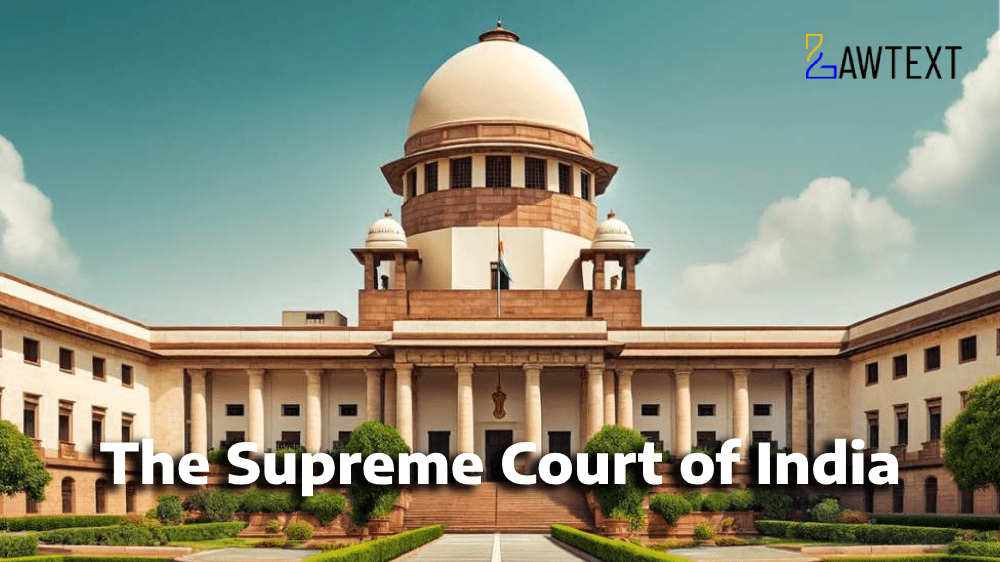

The Supreme Court of India overturned the decision of the Calcutta High Court, reinstating the tribunal's order that had quashed the appellant's termination from government service. The appellant was terminated on grounds of unsuitability based on a delayed police verification report, without adequate reasoning or adherence to the principles of natural justice. The apex court held that the termination violated the appellant's rights under Articles 14 and 21 of the Constitution. The Court also directed that all service and pensionary benefits be paid within three months.
1. Case Background
2. Citizenship and Identity Issue
3. Principles of Natural Justice Violated
4. Delay in Police Verification Report
Burden of Proof for Citizenship:
Under Section 9 of the Foreigners Act, 1946, the onus lies on the claimant to establish their citizenship. The appellant's claim of citizenship required registration or documentation under the Citizenship Act, which was not conclusively presented.
Natural Justice and Procedural Fairness:
Orders affecting employment or fundamental rights must provide reasoning and offer an opportunity for personal hearing. The lack of access to the police report and the absence of specific reasons rendered the termination arbitrary and illegal.
Timely Police Verification:
Verification processes must adhere to stipulated timelines to avoid undue hardship for employees. Delays of 25 years are unacceptable, particularly when they impact retirement and pensionary benefits.
Termination of Government Employee – Delayed Police Verification and Citizenship Dispute
Citation: 2024 LawText (SC) (12) 50
Case Number: CIVIL APPEAL No. 13919 OF 2024 (Arising out of SLP (C) No.8026 of 2024)
Date of Decision: 2024-12-05
Case Title: BASUDEV DUTTA VERSUS THE STATE OF WEST BENGAL & ORS.
Before Judge: [J.K. Maheshwari J., R. Mahadevan J. ]
Appellant: BASUDEV DUTTA
Respondent: THE STATE OF WEST BENGAL & ORS.